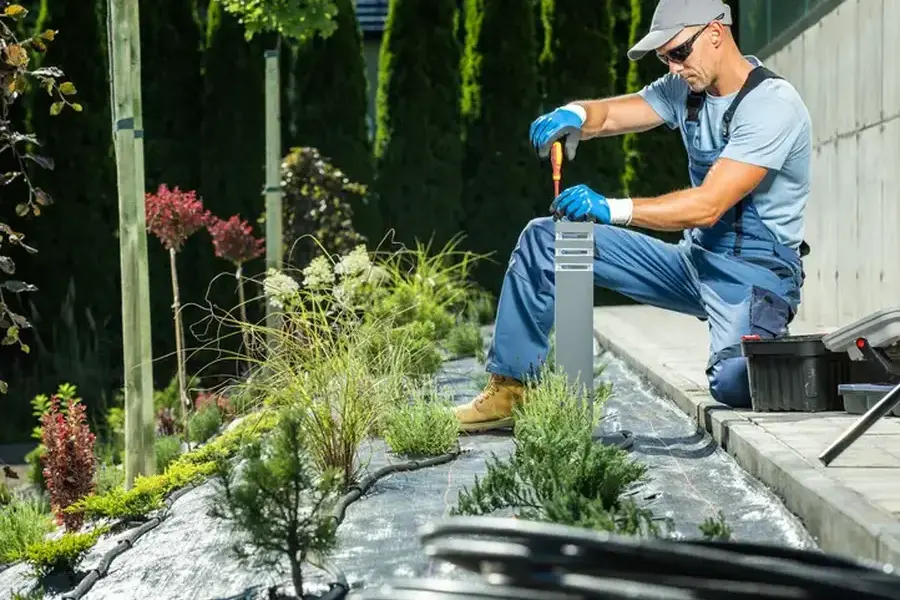How Healthy Soil Contributes to a Thriving Outdoor Space
When it comes to creating beautiful gardens and green spaces, the ground beneath your feet is vital. Soil quality is often overlooked but plays a crucial role in gardening success. It affects plant growth, water retention, and root development. A good foundation can lead to thriving plants and lasting landscapes. This article explores key aspects of soil quality and provides insights on how it impacts various elements in outdoor design.

The Importance of Nutrient-Rich Soil
Nutrient-rich soil serves as the lifeline for plants by providing them with essential minerals. These nutrients are important for healthy growth and flowering. Without proper nutrients, plants may struggle to survive or fail to reach their full potential. Topsoil that is rich in organic matter can greatly enhance plant health and landscape installation projects.
Soil Texture and Its Impact
Soil texture refers to the proportion of sand, silt, and clay particles in your garden’s earth. The right balance improves drainage and aeration, supporting robust plant growth. A well-textured soil allows roots to penetrate easily, aiding in nutrient uptake. During a landscape installation project, understanding soil texture helps in choosing the right plants and techniques for optimal results.

Testing Soil Quality for Better Results
Before starting any landscaping project, it’s wise to test the soil quality. A simple test can reveal pH levels and nutrient content, informing necessary amendments for improvement. Regular testing ensures that adjustments can be made to sustain optimal conditions for your garden. Testing gives you the knowledge needed for targeted actions, enhancing the final look of your outdoor space.
The Role of Organic Matter in Landscaping
Adding organic matter like compost enriches the soil by improving its structure and fertility. It enhances water retention and encourages beneficial microorganisms to thrive. Organic matter turns poor soil into fertile ground suitable for diverse plant life. By incorporating organic materials into your landscaping efforts, you set a solid foundation for vigorous plant growth.
Benefits of Mulching
Mulching offers several advantages that support soil health. It prevents moisture loss by reducing evaporation from the soil surface. Mulch also suppresses weed growth, which competes with your plants for nutrients. Additionally, as mulch breaks down over time, it further enriches the soil with organic matter. Implementing mulching in your garden boosts both aesthetics and functionality.
- Improves water retention
- Prevents weed proliferation
- Enriches soil through decomposition
Irrigation Techniques for Optimal Growth
A proper irrigation strategy is crucial for maintaining soil health and ensuring plants get enough water without becoming waterlogged. Drip irrigation is efficient as it targets roots directly, minimizing waste. Sprinkler systems work well for larger areas needing even coverage. Choosing the right irrigation method preserves soil integrity while meeting plant needs.
Sustainable Practices for Long-Term Success
Employing sustainable practices secures the longevity of your landscape project. Rotate crops seasonally to maintain soil fertility and prevent pest buildup. Use native plants adapted to local conditions to reduce dependency on external resources. Sustainable strategies ensure resilient landscapes that thrive with minimal intervention over time.
Contact Us Today for Expert Landscaping Services
If you’re looking to enhance your outdoor space, reach out to our team at Mendez Landscaping LLC. We specialize in crafting customized solutions tailored to your specific needs. Based in Madison, TN, we bring expertise and dedication to every project we undertake. Call us at (615) 522-6893 to discuss how we can help transform your landscape with exceptional attention to detail.